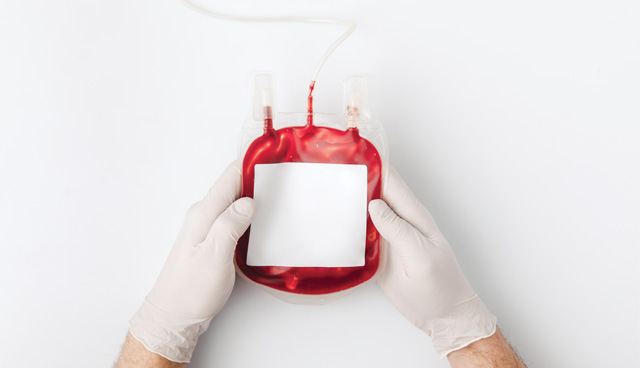Blood donation rule change

Amidst efforts to tackle the Covid-19 pandemic, a landmark decision was taken to alter Northern Ireland’s unique rules on blood donation.
From 1 June, Northern Ireland has officially relaxed its rules on blood donations for gay men, bringing it in line with the rest of the UK.
Gay and bisexual men in Northern Ireland are now able to donate blood three months after their last sexual activity, in a move announced by Health Minister Robin Swann.
It is the second significant change to the rules on blood donation this decade. In 2016, then Health Michelle O’Neill took action to end a lifetime ban on gay men donating blood, which had stood since first introduced across the UK in the 1980s.
The ban was lifted in the rest of the UK and a one-year deferral system introduced in 2011 but not in Northern Ireland. In November 2017, the rest of the UK further reduced the wait period to three months but this again did not apply in Northern Ireland.
Instead the Department of Health began preparatory work on the policy change but the absence of an Executive in Northern Ireland meant that the necessary ministerial sign-off could not be achieved.
The DUP’s Edwin Poots was Health Minister at the time when the rest of the UK reduced the waiting period to one year in 2011. Surveillance data from England, Scotland and Wales published in October 2015 confirmed that donated blood was safer four years after the one-year deferral was introduced in 2011 than it was before the change in policy.
However, Poots opted to maintain the lifetime ban on the basis that it ensured public safety. In 2013, the High Court ruled that the ban by the then former health minister was irrational and showed apparent bias. Poots won his appeal against the ruling.
The Court of Appeal also ruled that the maintenance of the ban was not disproportionate or contrary to EU law and that the issue was a devolved matter.
That ruling was the basis for then Health Minister Michelle O’Neill’s decision to lift the lifetime ban, alongside evidence showing that the risk of contracting HIV from donated blood is lower with a one-year deferral than with a lifetime ban.
In April 2020, Minister Swann alerted the Northern Ireland Blood Transfusion Service of his intention to introduce the new policy on 1 June 2020, to allow adequate preparation time.
He stated that his decision came after consideration of the expert advice provided by the Advisory Committee on the Safety of Blood, Tissues and Organs (SaBTO) in their Donor Selection Criteria Report published in July 2017.
“As Minister for Health it is of utmost importance to me that we maintain the safety of blood and I’m confident that the new policy that I am announcing today will do that, while allowing more people to donate. My decision is based solely on the evidence regarding the safety of donated blood,” he said.
The Minister stressed the importance of donor compliance with the deferral rules. “The safety of donated blood depends on two things: donor selection and the testing of blood. Every blood donation is tested for HIV and a number of other organisms. Not even the most advanced tests are 100 per cent reliable, so it is vitally important for every donor to comply with any deferral rules that apply to them.”





